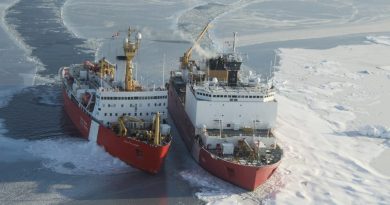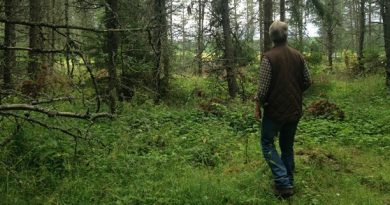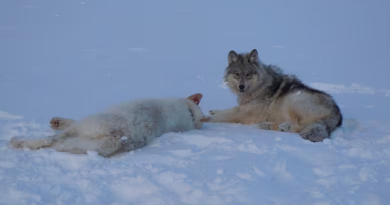Water levels unusually low across Beaufort Delta region, in northwestern Canada
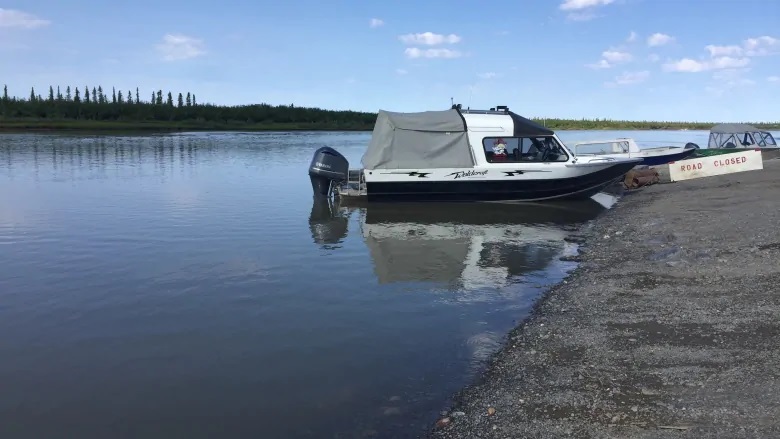
Water levels have been noticeably low across the Beaufort Delta region, in northwestern Canada, this summer.
“It’s the lowest I’ve ever seen it in my years living in Aklavik,” said Manny Arey, an Aklavik, N.W.T., resident who served many years on the community’s hunters and trappers committee.
He said it’s affecting those that hunt for beluga whales because low water means they can’t take normal pathways.
“The sand bars that are showing up, it’s getting worse every year. We have to take different routes, find different routes to get to the coast,” Arey said.
He also said he noticed the water was really low during breakup this year.
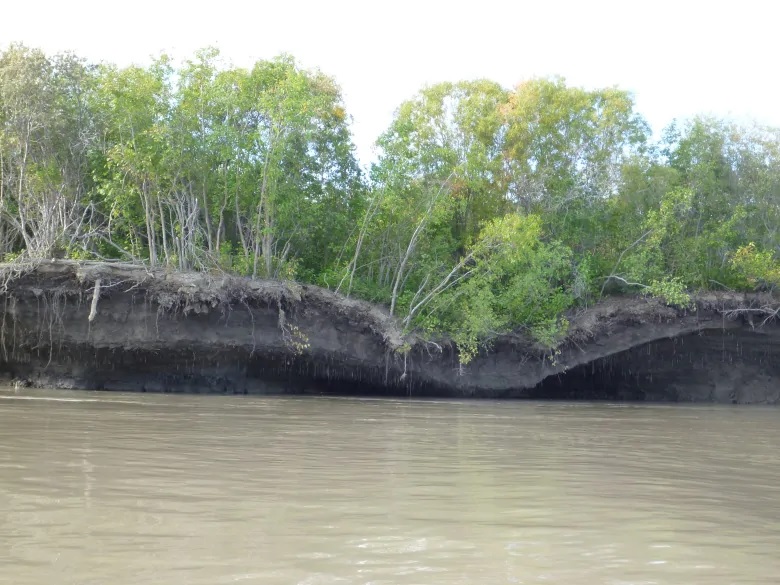
Dustin Whalen, a physical scientist with Natural Resources Canada, has been monitoring ice breakup in the Beaufort Delta for the last 15 years.
He said in all the years he has been monitoring breakup in the region, he has never seen water levels so low.
“What you see during breakup is a peak in water level at all the water survey gauges, but this year the peaks weren’t very dramatic,” Whalen said.
“So the water level came up but it didn’t come up near where it usually does. So that was one sort of tell of what was going to happen when that spring fresh air sort of tethered off.”

He said the water stayed very low, and this happened across the region.
A week ago, Whalen noticed that water at the mouth of the east channel near Inuvik, was about 40 centimetres lower than in all of the previous years he has been there.
“When you are dealing with two metres of water and all of a sudden you’re 30 centimetres lower, that’s significant, and that can cause boats to show up on the sandbar.”
Whalen warned everyone operating a boat — whether small or large — to be cautious because of the abnormal water levels.
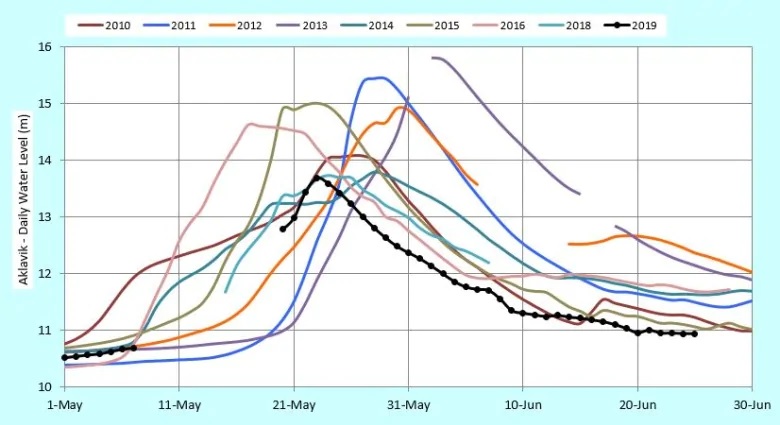
He said this summer’s low water levels can have longer-term effects as well.
“Anybody who’s travelling the delta right now will look and see a part of the bank they haven’t seen before, because before, for years now, that part of the bank has been under water,” Whalen said.
“So now we have a new part of the bank exposed to running water and that can cause more erosion.”
According to graphs from the Water Survey of Canada, last week in Aklavik the water levels were about 11 metres, and in Inuvik they were just under 12 metres.
Usually, both locations are between a meter to half a metre higher.
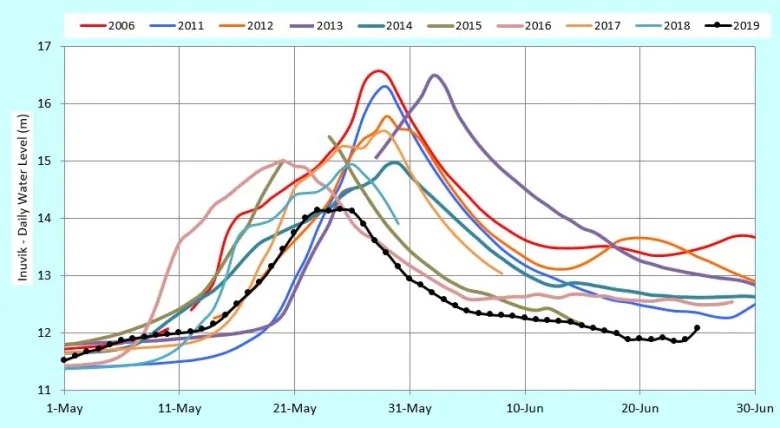
Whalen couldn’t say what has caused the low water levels, but said there was less snow pack this year, so when spring arrived, there wasn’t “as big of an influx of water.”
He added that water levels were low before freeze-up as well.
Related stories from around the North:
Canada: River levels ‘surprisingly low’ in northwestern Canada, CBC News
Finland: Finnish farmers expect quality strawberry season, but hope for more rain, Yle News
Norway: Cod moving further north as climate changes in Arctic Europe, The Independent Barents Observer
Russia: June heat wave hits Northern Europe, The Independent Barents Observer
Sweden: Local councils in Sweden more interested in climate change preparedness, Radio Sweden
United States: U.S. House calls for more research on ocean acidification, Alaska Public Media

